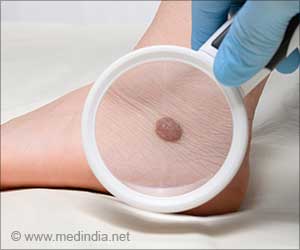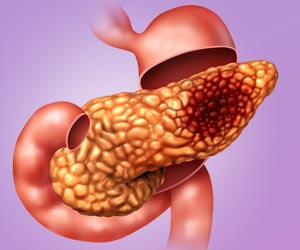Australian doctors are claiming to have found a breakthrough in the treatment of breast cancer by using scans to better predict the success of therapies.
Australian doctors are claiming to have found a breakthrough in the treatment of breast cancer by using scans to better predict the success of therapies.
According to Professor Miles Prince from Melbourne's Peter MacCallum Cancer Centre a six-year study using positron emission tomography (PET) would probably change the way breast cancers were treated worldwide.The centre's study used (PET) scans to monitor breast cancer patients to find out early whether treatments were successful.
Prof Prince said, "It gives us an idea of long-term outcomes. We have data going back six years and there are no other centres around the world with data that goes back that far."
He said that PET scans show the functions of the cells whereas conventional computed tomography (CT) scans show the structure of the body.
He said, "We can now offer patients other treatments and say this current treatment is not working."
According to Professor Rod Hicks, chairman of molecular imaging at the centre the use of PET scans to monitor the success of treatments was a breakthrough.
Advertisement
Prof Hicks said, "During that time the patients accumulate the toxicity of that drug or that treatment. If it is not working conventionally, we have to wait for the tumor to grow and that is a terrible thing."
Victorian Health Minister Bronwyn Pike has suggested that more of the $2.4 million PET scans could be made available to hospitals in the state if needed.
Ms Pike said, "This new technology, this new research, gives doctors here at the Peter Mac and all around the world now the capacity to target treatments in the most appropriate way and really determine if they are going to be successful and, if they are not, give them the opportunity to change course."
"Certainly, if this is proving as successful as we are pretty sure it is, then obviously we will look to expanding its use in other settings."
Source-Medindia
NLA











